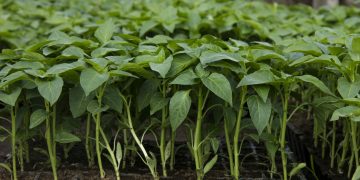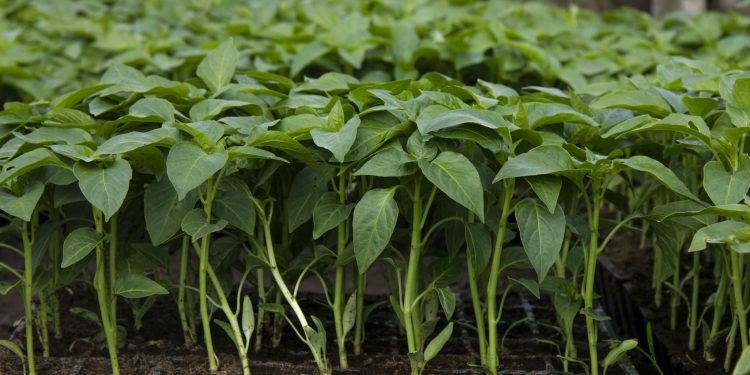#vegetablefarmers #CzechRepublic #agriculturalsector #imports #prices #investment #government #warehouses #consumption #domesticproduction
According to the Union of Vegetable Growers of the Czech Republic and Moravia, the area where farmers grow vegetables will decrease by 5% this year from more than 11,600 hectares last year. Farmers are struggling to get adequate prices for their products, which will lead to greater dependence on imports from abroad. In fact, the Czech Republic is dependent on imports of vegetables by about two-thirds, meaning that prices are determined by imports, and Czech farmers have minimal influence on them. In this article, we will examine the implications of this situation and explore possible solutions.
As of now, vegetable producers in the country have about 2,000 tons of onions in stock, and before the next harvest at the end of June or beginning of July, they will need to import about 40,000 tons. The Union of Vegetable Growers is proposing restrictions on vegetable cultivation, which will affect small and medium-sized farms. The Czech Statistical Office reports that in 2002, vegetables were grown on almost 18,000 hectares of land, while in 2022, only on 11,678 hectares.
The problem is not with the quality of vegetable production in the Czech Republic, but with the stagnant prices of farm produce and the rising prices of traders. Farmers need to get fair prices for their products to sustain their livelihoods, and the government needs to take an active role in encouraging investment in warehouses that can store more crops, thereby allowing farmers to cultivate vegetables on a larger area.
In addition, the Czech Republic needs to reduce its dependence on imports and encourage the consumption of domestically produced vegetables. The World Health Organization recommends that every person should consume 400 grams of fresh fruits and vegetables daily. However, the country currently produces only about 270,000 tons of vegetables and 140,000 tons of fruits.
In conclusion, the situation faced by vegetable farmers in the Czech Republic is challenging, but it is not insurmountable. The government needs to take active measures to support farmers by providing them with better prices for their products and encouraging investments in warehouses. Moreover, consumers need to be educated and encouraged to consume more domestically produced vegetables to reduce dependence on imports. By working together, the Czech Republic can overcome these challenges and ensure the sustainable growth of its agricultural sector.































